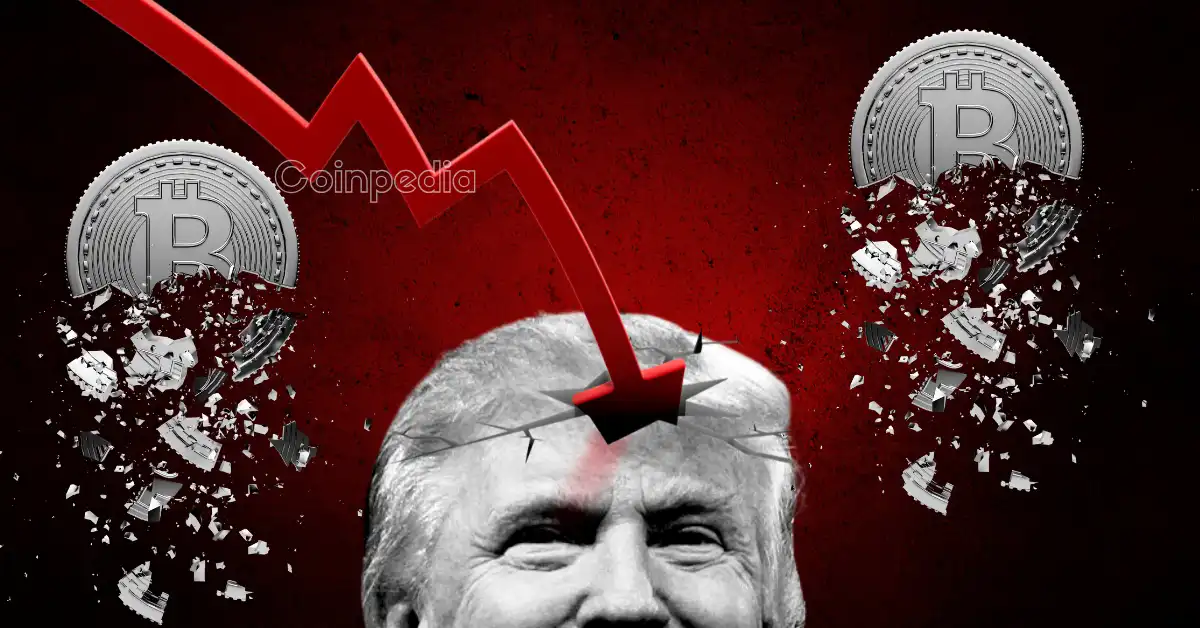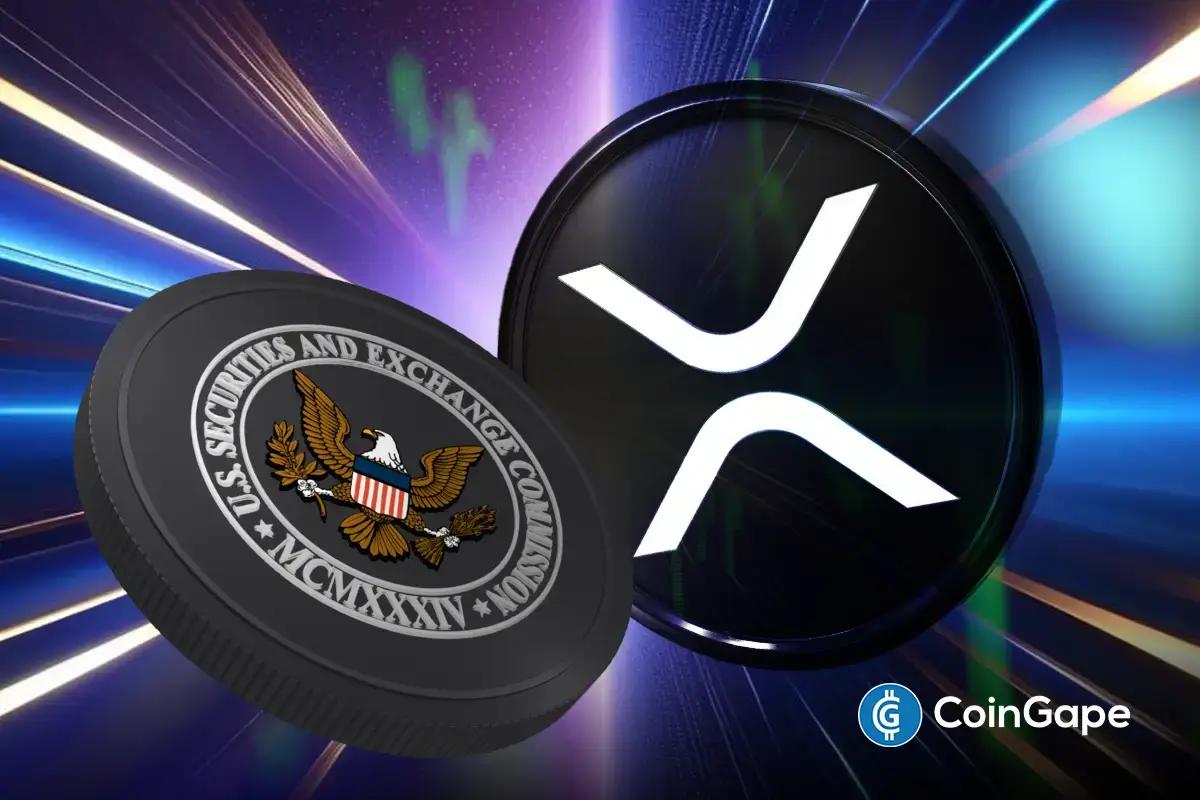Understanding the pros and cons of smart contract upgradeability in DeFi
Introduction
Smart contract proxy upgradeability allows developers to update the logic of deployed smart contracts while preserving the contract’s state and address. This provides flexibility to fix bugs or add features but also introduces potential risks. Smart contracts, self-executing agreements on blockchain networks, traditionally operate as immutable code once deployed. This immutability is a cornerstone of blockchain technology, ensuring security and trust in transactions.
Pros of smart contract upgradeability
One of the main advantages of smart contract upgradeability is the ability to fix bugs or add new features without disrupting the contract’s state. This can save time and resources for developers, as they can easily iterate on their code without needing to redeploy the entire contract. Upgradeability also allows for the implementation of new functionalities and improvements to existing contracts, making them more adaptable to changing market conditions.
Cons of smart contract upgradeability
Despite its benefits, smart contract upgradeability also comes with potential risks. One of the main concerns is the possibility of introducing vulnerabilities or bugs into the code during the upgrade process. If not implemented correctly, upgrades can compromise the security and integrity of the contract, leading to potential exploits or hacks. Additionally, the transparent and immutable nature of blockchain technology can be compromised if contracts are frequently upgraded, raising questions about trust and decentralization.
Impact on individuals
For individual users, smart contract upgradeability means greater flexibility and usability in decentralized finance (DeFi) applications. Users can benefit from improved functionalities and security measures in smart contracts, enhancing their overall experience in the DeFi space. However, users should also be cautious of potential risks associated with frequent upgrades, such as security vulnerabilities and unexpected changes in contract behavior.
Impact on the world
In the broader context, smart contract upgradeability in DeFi has the potential to revolutionize traditional finance systems by providing a more efficient, transparent, and accessible way to conduct financial transactions. With the ability to update smart contracts seamlessly, DeFi platforms can evolve rapidly and adapt to changing market demands, ultimately expanding financial inclusion and empowering individuals worldwide. However, regulatory concerns and security risks must be addressed to ensure the long-term sustainability and adoption of DeFi technologies.
Conclusion
Smart contract upgradeability offers both opportunities and challenges for developers, users, and the global financial ecosystem. By understanding the pros and cons of upgradeable smart contracts, stakeholders can make informed decisions to harness the benefits of DeFi while mitigating risks. As the DeFi space continues to innovate and grow, the responsible implementation of smart contract upgradeability will play a crucial role in shaping the future of finance.





